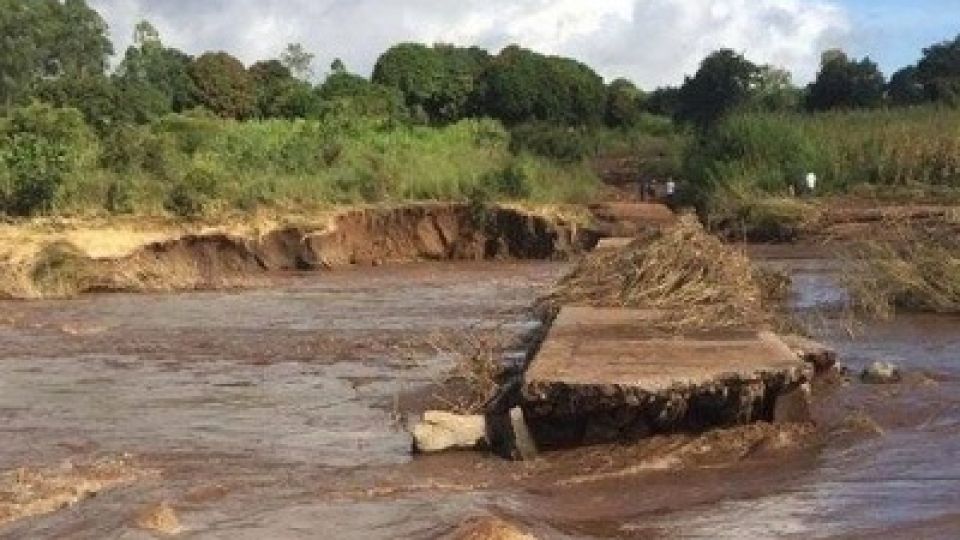from ARMANDO DOMINGOS in Maputo, Mozambique
Mozambique Bureau
MAPUTO, (CAJ News) – INCLEMENT weather has killed least 88 people in Mozambique since the beginning of the rainy and cyclonic season in October 2022.
Some 98 injuries have been confirmed.
The United Nations Office for the Coordination of Humanitarian Affairs (OCHA) reported that the season had impacted a total of 78 173 people (or 14 133 families) across the country.
Some 3 297 houses have been partially destroyed, 1 777 totally destroyed and 9 556 flooded.
Widespread damages to public infrastructure and service have also been reported, including 328 schools, eight health units, 36 power poles, and 3 489 km of roads.
Since early February, heavy rains (reaching up to 100 mm in 24 hours) hit the southern region of Mozambique over the past ten days, causing widespread flooding and structural damages, particularly in Maputo city and Maputo province.
At least 30,600 people (5,721 families) have reportedly been affected by flooding, including 422 people displaced and four killed.
All river basins – Congerenge, Goba, Magude, Maputo, Megaruma and Mutarara – that are being monitored are above the threshold levels. All dams are open.
National authorities, with humanitarian partners, are leading preliminary assessments of needs and damages as well as initial multisectoral emergency response activities.
“Serious concerns persist about the impact of the rain and further water release from dams on highly vulnerable people and the limited resources available to respond to the unfolding needs,” said a humanitarian spokesperson.
The National Institute of Meteorology (INAM) warned that heavy rains and strong winds will continue to hit the southern provinces, possibly for the next fortnight.
Authorities estimate that an additional 53 000 people could be affected as a result of weather conditions combined with water releases in dams further upstream.
Floods are a yearly phenomenon in the Southern African country.
This is blamed on climate change.
– CAJ News

